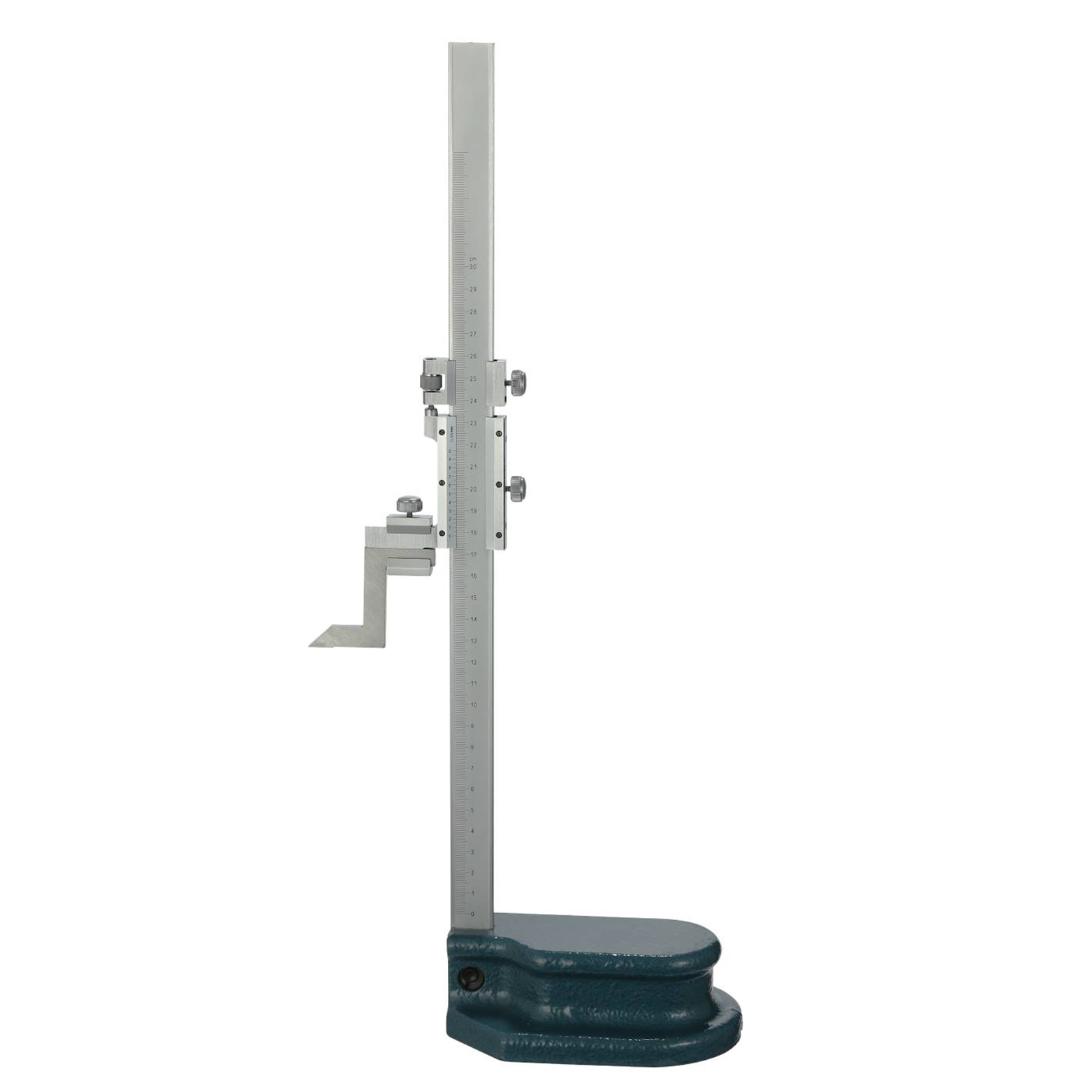threading tool Manufacturer
Choosing the right threading tool manufacturer is crucial for precision and efficiency in machining operations. This guide explores key considerations, tool types, material selection, and best practices to help you make an informed decision, ensuring optimal performance and longevity of your threading tools.
Understanding Threading Tools and Their Applications
Threading tools are essential for creating threads on various materials, enabling secure fastening and connection in countless applications. From basic bolts and nuts to complex aerospace components, the quality of the thread directly impacts the integrity of the final product. Different types of threading tools are designed for specific tasks and materials.
Types of Threading Tools
- Taps: Used to create internal threads in pre-drilled holes. Available in various styles, including hand taps, machine taps, and spiral flute taps.
- Dies: Used to create external threads on rods or bars. Common types include adjustable round dies and hexagonal re-threading dies.
- Thread Mills: Employed for producing internal and external threads using a rotating cutting tool. Offers high precision and versatility, particularly for challenging materials.
- Single Point Threading Tools: Utilized on lathes and CNC machines for creating threads with a single cutting point. Ideal for custom threads and large diameters.
Common Applications of Threading Tools
- Manufacturing: Creating threads for fasteners, fittings, and components across diverse industries.
- Automotive: Threading bolts, nuts, and studs for engine assembly, chassis construction, and other critical applications.
- Aerospace: Manufacturing high-precision threads for aircraft components, ensuring structural integrity and reliability.
- Plumbing: Cutting threads on pipes and fittings for secure connections in water and gas systems.
Key Considerations When Choosing a Threading Tool Manufacturer
Selecting the right threading tool manufacturer is paramount for achieving optimal performance, precision, and longevity. Consider the following factors during your selection process.
Material Quality and Durability
The quality of the materials used in manufacturing threading tools significantly impacts their performance and lifespan. High-speed steel (HSS), cobalt steel, and carbide are common choices, each offering different levels of hardness, wear resistance, and heat resistance. A reputable threading tool manufacturer will use premium-grade materials and employ rigorous quality control processes. For example, Wayleading Tools, a prominent threading tool manufacturer, uses premium HSS for its standard taps and high-cobalt steel for its performance taps to ensure long life and excellent cutting performance. Visit Wayleading Tools to see their offerings.
Precision and Accuracy
The precision and accuracy of threading tools directly influence the quality of the threads produced. Look for a threading tool manufacturer that utilizes advanced manufacturing techniques, such as CNC machining and precision grinding, to ensure consistent and accurate thread forms. Verify that the manufacturer adheres to industry standards, such as ISO or ANSI, and provides detailed specifications for their tools.
Tool Design and Innovation
Innovative tool designs can significantly improve threading efficiency and performance. Look for a threading tool manufacturer that invests in research and development to create tools with optimized cutting geometries, flute designs, and coatings. For example, some manufacturers offer taps with spiral flutes for improved chip evacuation or dies with adjustable features for fine-tuning thread size.
Coating Options
Coatings play a crucial role in enhancing the performance and lifespan of threading tools. Common coating options include titanium nitride (TiN), titanium carbonitride (TiCN), and aluminum titanium nitride (AlTiN). These coatings provide increased hardness, reduced friction, and improved heat resistance, leading to faster cutting speeds, longer tool life, and better surface finishes. Select a threading tool manufacturer that offers a variety of coating options to suit different materials and applications.
Customer Support and Technical Expertise
A reliable threading tool manufacturer should provide excellent customer support and technical expertise. They should be able to assist you in selecting the right tools for your specific needs, provide guidance on proper usage and maintenance, and offer troubleshooting support if any issues arise. Look for a manufacturer with a knowledgeable and responsive customer service team.
Comparing Different Threading Tool Manufacturers
To make an informed decision, compare different threading tool manufacturers based on their product offerings, quality standards, pricing, and customer support. Consider creating a comparison table to evaluate the pros and cons of each manufacturer.
| Manufacturer | Product Range | Material Quality | Customer Support | Price |
|---|---|---|---|---|
| Wayleading Tools | Wide range of taps, dies, and thread mills. | Premium HSS and Cobalt Steel. | Excellent, responsive and knowledgeable. | Competitive. |
| Manufacturer B | Limited range of taps and dies. | Standard HSS. | Average, slow response times. | Budget-friendly. |
| Manufacturer C | Comprehensive range including thread mills. | Carbide and HSS. | Good, offers technical training. | Premium. |
Tips for Using and Maintaining Threading Tools
Proper usage and maintenance are essential for maximizing the lifespan and performance of your threading tools. Follow these tips to ensure optimal results.
Proper Tool Selection
Select the right threading tool for the material being threaded. Using the wrong tool can lead to premature wear, poor thread quality, and even tool breakage.
Lubrication
Always use appropriate cutting fluids or lubricants when threading to reduce friction, dissipate heat, and improve chip evacuation. The type of lubricant will depend on the material being threaded.
Speed and Feed Rates
Use recommended speed and feed rates for the threading tool and material. Excessive speeds or feeds can cause overheating, tool wear, and poor thread quality.
Cleaning and Storage
Clean threading tools after each use to remove chips, debris, and residue. Store them in a dry and protected environment to prevent rust and corrosion.
Regular Inspection
Inspect threading tools regularly for signs of wear, damage, or dullness. Replace worn or damaged tools promptly to avoid compromising thread quality.
Conclusion
Choosing the right threading tool manufacturer is a critical decision that impacts the quality, efficiency, and cost-effectiveness of your threading operations. By considering the factors outlined in this guide, you can make an informed decision and select a manufacturer that meets your specific needs and requirements. Remember to prioritize material quality, precision, innovation, and customer support to ensure long-term success. Consider exploring the offerings of Wayleading Tools at www.wayleading.com for high-quality threading tools that deliver exceptional performance.
Related products
Related products
Best selling products
Best selling products-
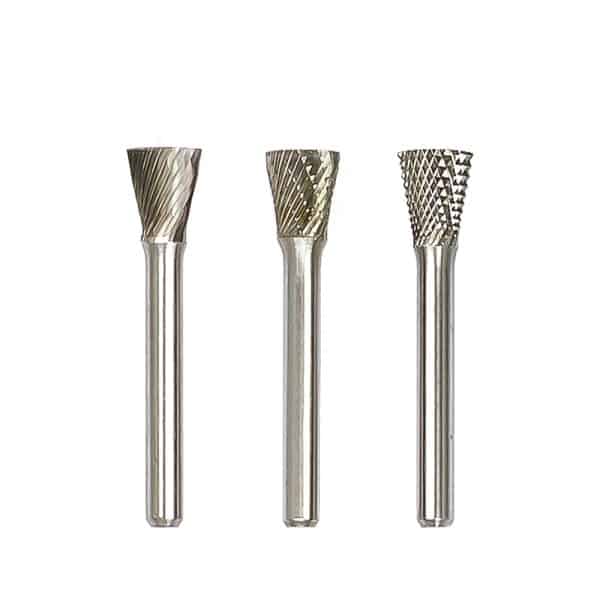 Type N Inverted Cone Tungsten Carbide Rotary Burr
Type N Inverted Cone Tungsten Carbide Rotary Burr -
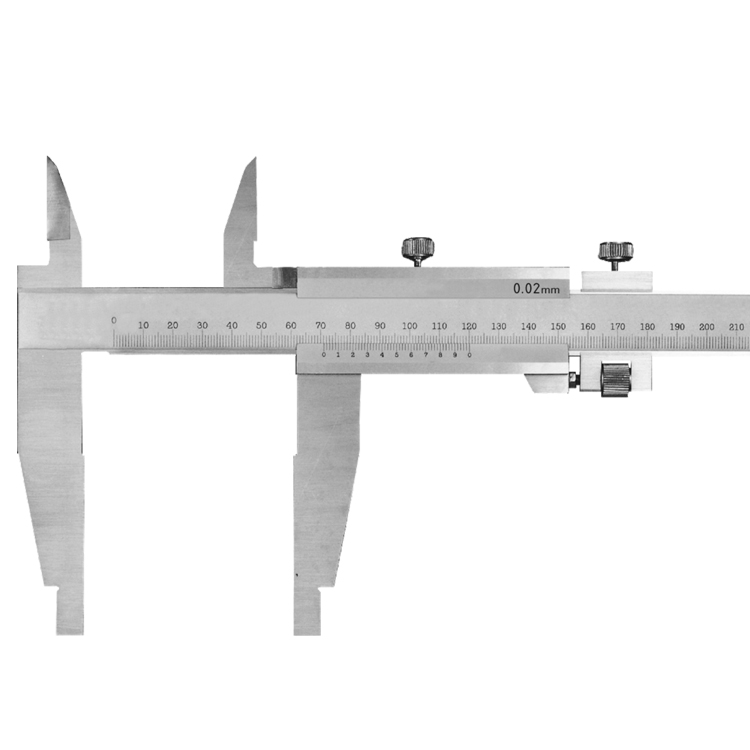 Precision Monoblock Vernier Caliper With Nib Style & Standard Style Jaws Of Metric & Imperial For Industrial
Precision Monoblock Vernier Caliper With Nib Style & Standard Style Jaws Of Metric & Imperial For Industrial -
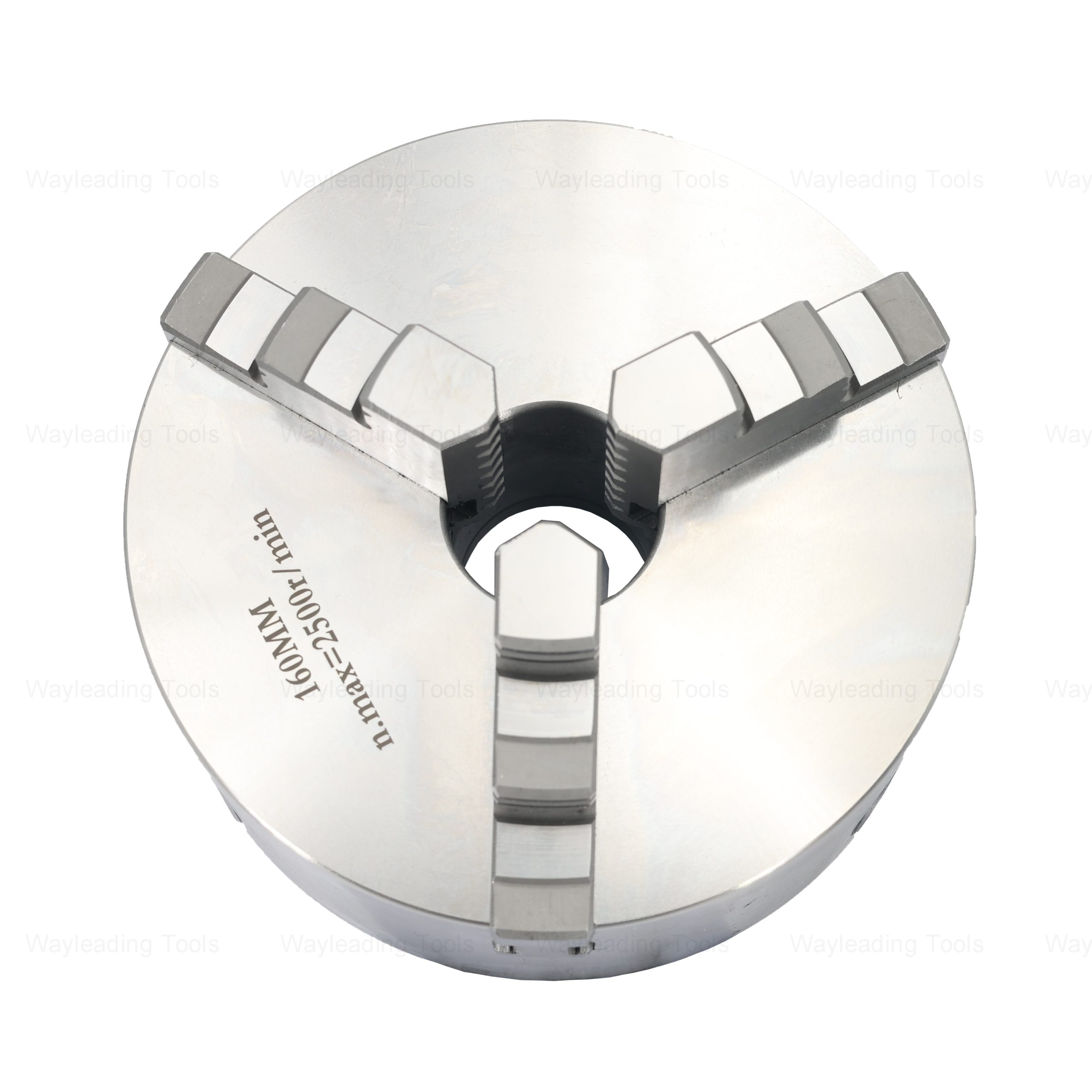 K11 Series 3-Jaw Self-Centering Lathe Chuck – Scroll Type, for Manual Lathes
K11 Series 3-Jaw Self-Centering Lathe Chuck – Scroll Type, for Manual Lathes -
 Precision Outside Micrometer Set With digit Counter Of Inch & Metric With Rachet Stop
Precision Outside Micrometer Set With digit Counter Of Inch & Metric With Rachet Stop -
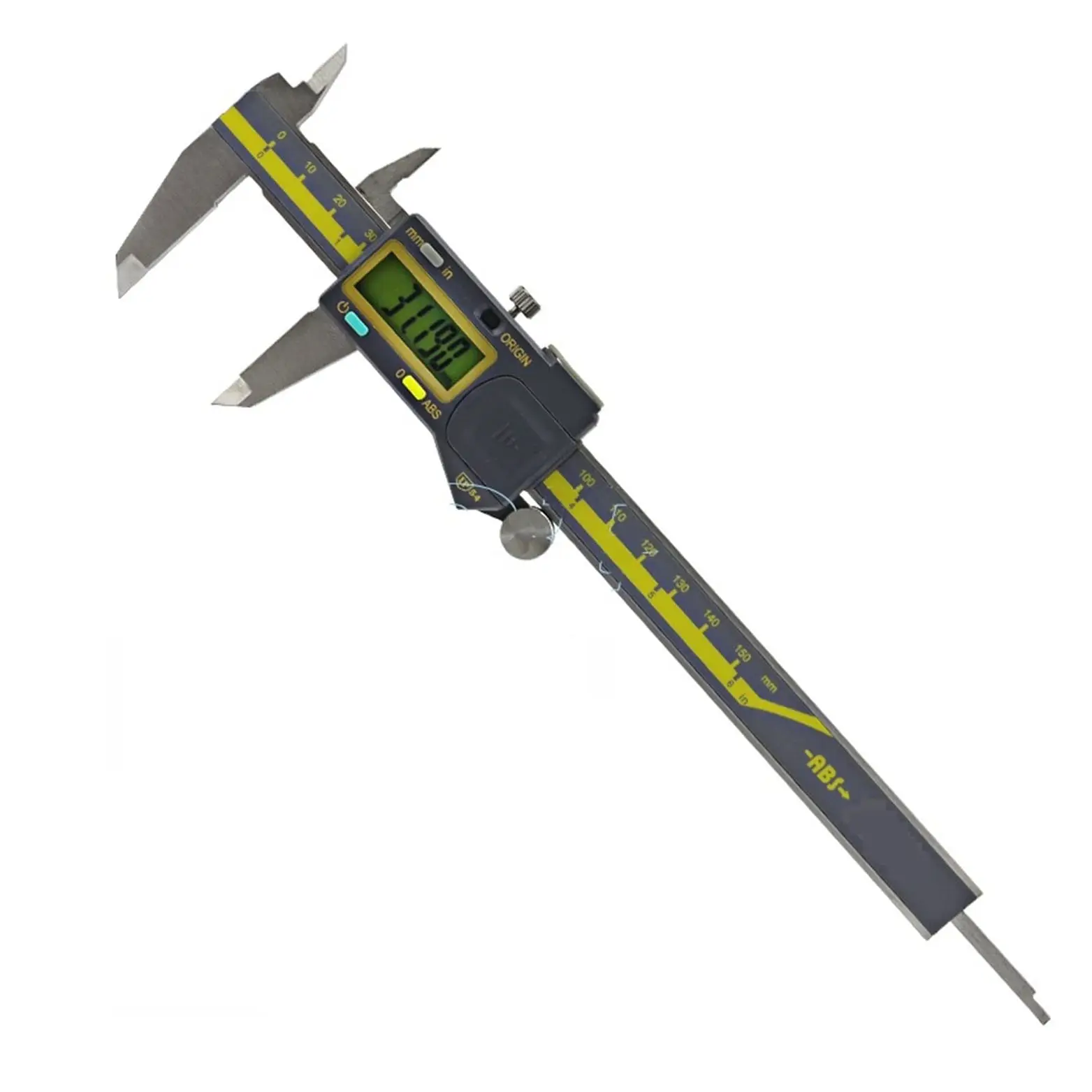 Precision IP54 Digital Caliper With Data Output For Industrial
Precision IP54 Digital Caliper With Data Output For Industrial -
 SCFC Indexable Boring Bar – Right- and Left-Hand Types
SCFC Indexable Boring Bar – Right- and Left-Hand Types -
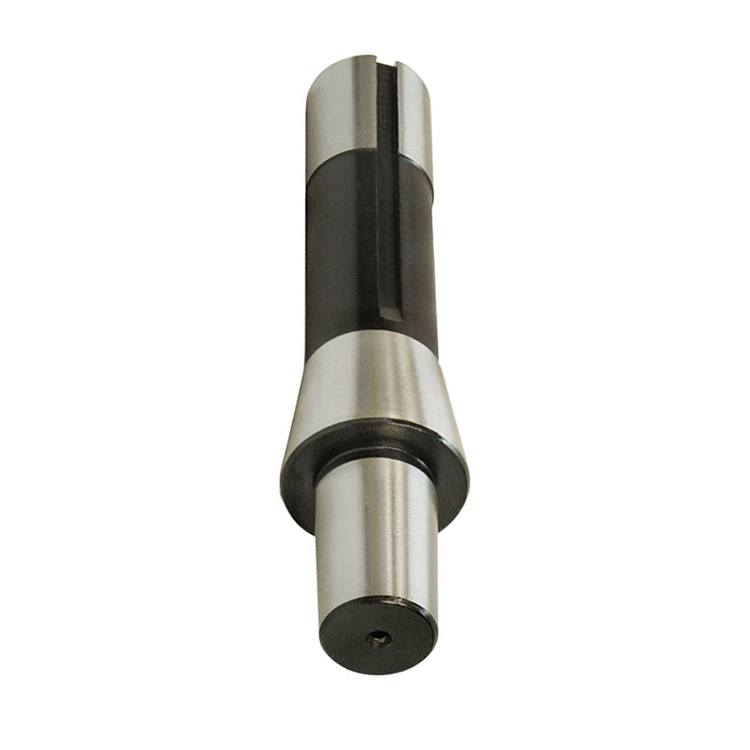 R8 Drill Chuck Arbor For Milling Machine
R8 Drill Chuck Arbor For Milling Machine -
 5C Hex Collet With Inch and Metric Size
5C Hex Collet With Inch and Metric Size -
 Precision Digital Caliper Of With Metric & Inch Size For Industrial
Precision Digital Caliper Of With Metric & Inch Size For Industrial -
 DIN338 HSS Twist Drill Bit Fully Ground Or TiN Coated
DIN338 HSS Twist Drill Bit Fully Ground Or TiN Coated -
 Stub Milling Machine Arbor With NT, R8 and MT Shank
Stub Milling Machine Arbor With NT, R8 and MT Shank -
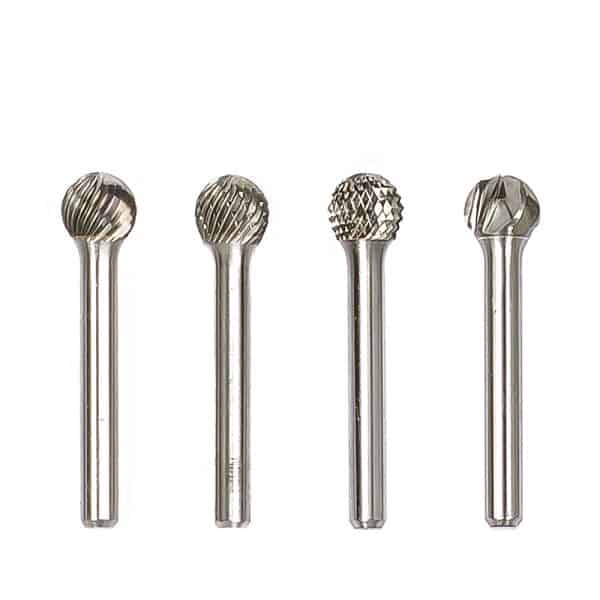 Type D Ball Tungsten Carbide Rotary Burr
Type D Ball Tungsten Carbide Rotary Burr


